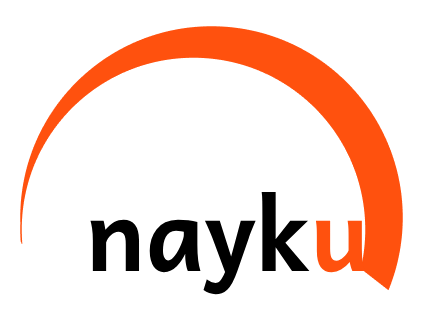Is Internet Trolling Illegal
Is Internet Trolling Illegal
In today’s digital world, the ancient science of Vedic astrology meets technology through tools like online marriage astrology calculators, offering clarity and cosmic predictions with just your date, time, and place of birth. But the real depth of prediction lies far beyond a calculator’s numerical result — it’s in the hands of a skilled astrologer who interprets your chart with intuition, scriptural wisdom, and cosmic observation. That’s where Nayku’s astrology services shine — providing precise, confidential, and personalized online marriage prediction sessions rooted in Vedic knowledge yet adapted for the modern digital seeker. This is not just about “when,” but why and how your marriage will unfold the way it does. Let’s uncover that cosmic mystery step by step.
Online trolling might seem harmless—just provocative posts, edgy humor, or anonymous arguments. But is internet trolling illegal? The short answer: not always. Yet trolls who cross lines—through threats, harassment, defamation, or obscene behavior—can face serious legal consequences.

What Is Internet Trolling?
In the digital age, online spaces offer platforms for discussion, creativity, and debate—but they also attract disruptive behavior. Internet trolling refers to the act of deliberately posting inflammatory, off-topic, rude, or provocative comments online with the intent to upset others or derail conversations. Trolls often hide behind anonymity, using sarcasm, hate speech, or shock value to draw attention or provoke emotional reactions.
So, is internet trolling illegal? The answer isn’t as simple as a “yes” or “no.” At its core, trolling is not automatically a criminal act. Many trolls rely on the blurry line between freedom of expression and online harassment. While general trolling might be seen as immature or unethical, it becomes legally questionable when it crosses boundaries—such as issuing threats, sharing private content, or engaging in repeated harassment.
In other words, trolling isn’t illegal by default—but it can become illegal based on the content, intent, and impact of the troll’s actions.
At Nayku, our legal experts help you understand your digital rights and offer actionable steps if you're facing online harassment or trolling.
Legal Framework in India
In India, there’s no specific law declaring internet trolling illegal per se, but offenses can still be prosecuted under existing statutes:
- Information Technology Act, 2000 (IT Act):
– Section 66A (now struck down) once penalized offensive messages.
– Sections 67, 67A, and 66E address obscene or sexually explicit electronic content.
- Indian Penal Code (IPC):
– Section 499 defamation, Section 503/507 intimidation or threats, Section 354A/509 sexual harassment or insults to modesty.
So while internet trolling itself isn't illegal, actions like threats, bullying, or sharing private images can lead to prosecution.
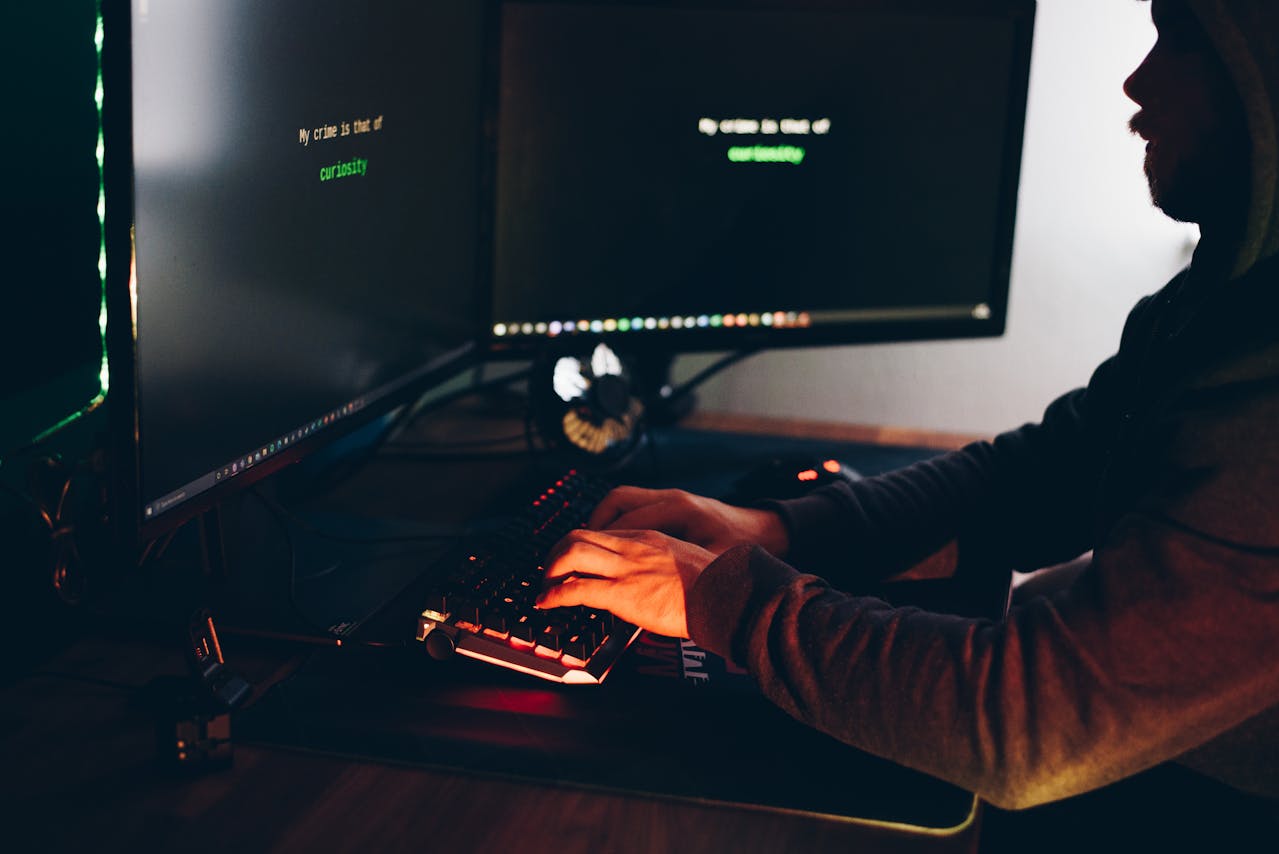
Legal Standpoint in the UK & US
United Kingdom:
In the UK, Section 127 of the Communications Act 2003 criminalizes "grossly offensive, indecent, obscene or menacing" messages. Additionally:
- The Malicious Communications Act 1988 covers written or electronic communication intended to cause distress.
- Protection from Harassment Act 1997: Covers repeated trolling or digital stalking.
So, is internet trolling illegal in the UK? If it causes harm or fear—it can lead to prosecution.
United States:
In the U.S., First Amendment protections are strong, but trolling can still be illegal if it crosses into:
- Cyberstalking (18 U.S.C. § 2261A)
- Credible threats (18 U.S.C. § 875)
- Online harassment (state laws vary)
So, again, is internet trolling illegal in the U.S.? It can be, especially when it includes threats or repeated harassment.
Nayku bridges the gap between technology and law—empowering you to take control when online behavior crosses legal boundaries.
Real-Life Examples
High-profile cases illustrate that trolling gone wrong can lead to jail time:
- Caroline Criado-Perez and other public figures received rape and death threats online; perpetrators were prosecuted under UK harassment laws.
- In New Hampshire, a resident faced criminal defamation charges for false statements on Facebook—showing that some U.S. states still apply criminal defamation frameworks.

Is Internet Trolling Illegal? The Verdict
- General trolling—provocation, rude comments, even harsh opinions—is typically legal and protected as free speech.
- Illegal trolling includes:
- Threats or stalking (UK or US laws enforceable).
- Defamatory claims or false allegations causing reputational harm.
- Harassment (persistent, targeted messaging).
- Publishing obscene content or violating privacy (e.g. unauthorized private images).
- Threats or stalking (UK or US laws enforceable).
Each case is judged on context, intent, pattern of behavior, and jurisdiction.
Whether you're being targeted by anonymous trolls or public defamation, Nayku's legal support team can guide you through your next legal steps.
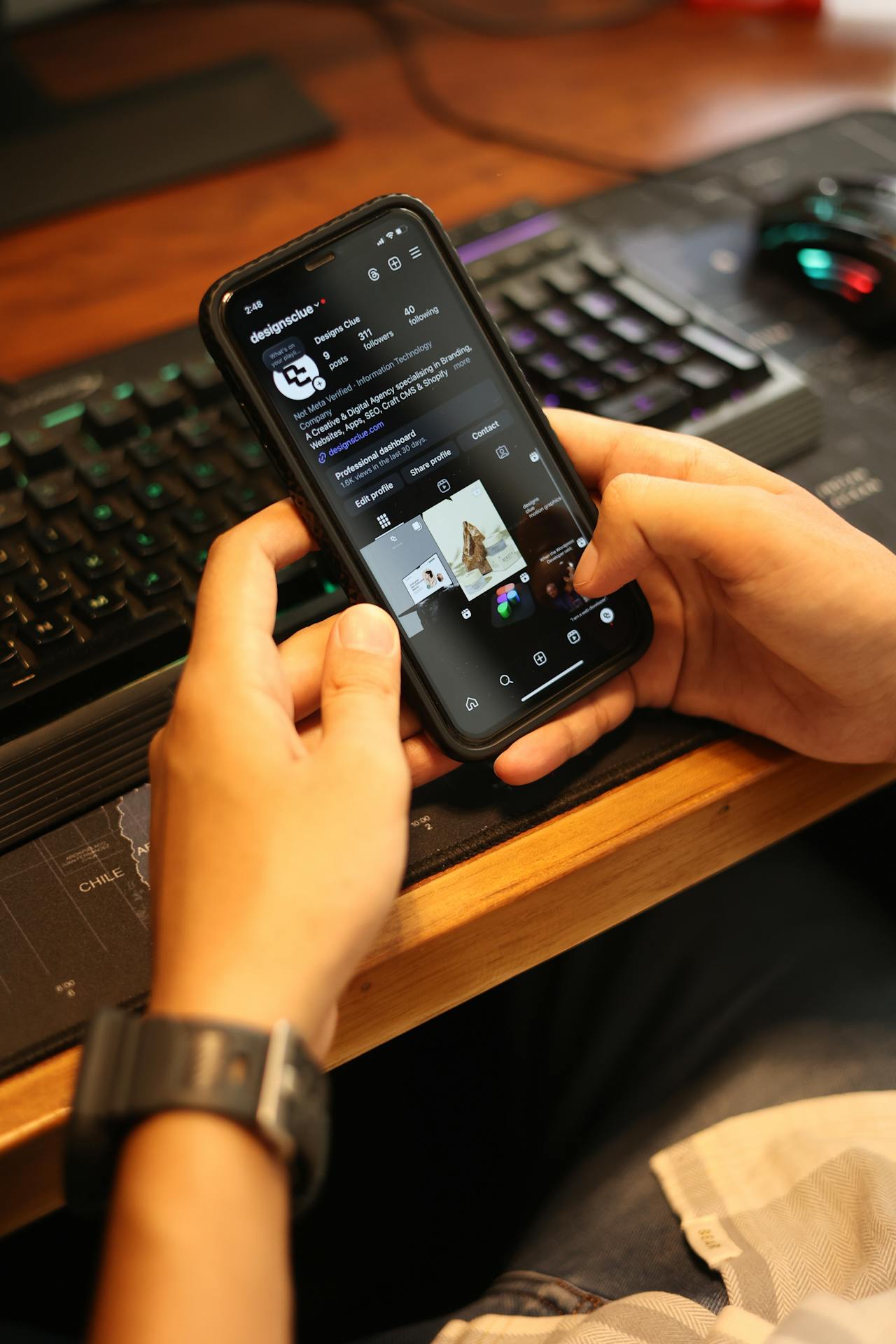
What Can You Do If You Are Targeted?
- Document the abuse—screenshots, URLs, timestamps. Plaintiffs often succeed by presenting detailed records.
- Report to platforms—Twitter, Facebook remove content under their policies.
- File a legal complaint—India: file FIR or approach cyber crime cells citing relevant IPC sections or IT Act. UK & US: contact police and follow jurisdiction-specific laws.
- Consider civil remedies—defamation lawsuits, restraining orders, or privacy violation claims.
Protect Yourself—and Respect Limits
Understanding your rights online is as important as knowing your limits. Whether you’re a victim or a bystander, here are key principles to follow:
- Don’t Confuse Free Speech with Legal Immunity
Trolling may begin as opinionated speech but can quickly become criminal conduct.
- Use “Don’t Feed the Trolls” as Real Advice
Trolls feed on reactions. Ignoring, reporting, and blocking can often stop them from escalating.
- Anonymous Trolls Aren’t Untouchable
Through digital forensics and court orders, even anonymous users can be traced. Legal authorities now work closely with social platforms to identify and act on complaints.
If you’ve asked yourself, “is internet trolling illegal in my situation?”, consider documenting everything. Save screenshots, chat logs, timestamps, and URLs—these become critical if you choose to pursue legal action.
Need clarity on digital harassment laws in your country? Nayku offers expert legal insights tailored to your location and situation.

Final Thoughts
So, is internet trolling illegal? The answer is nuanced. In general, online provocation or sarcasm—while often unpleasant—remains legal. But the moment it becomes threatening, defamatory, sexually explicit, or obsessively targeted, it crosses into illegality.
For victims, the best steps are:
- Document the abuse in detail.
- Report trolls to the platform and local cybercrime units.
- Consult legal experts—like the team at Nayku—to understand your rights based on location and jurisdiction.
Internet freedom is not a license for abuse. When used responsibly, digital platforms are spaces of knowledge, creativity, and debate—not intimidation. At Nayku, we believe in a safe, respectful digital world—and that starts with awareness.
Related Articles
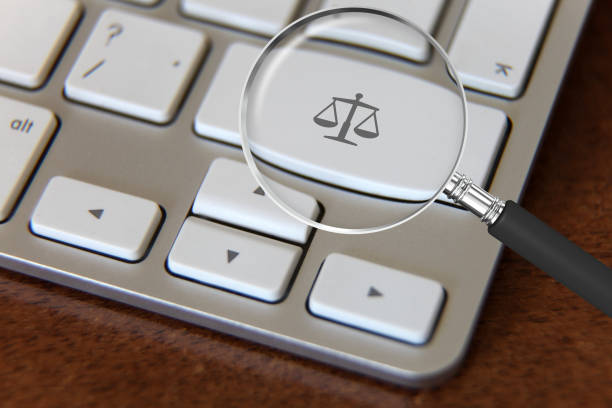
Find Best Online Lawyers in Bhopal Near Me
Find the best online lawyers in Bhopal near you for instant legal consultation, expert guidance, and...
Read More
Experienced Lawyers Online Legal Consultations In Bhopal
Connect with experienced lawyers in Bhopal for online legal consultations. Get reliable advice and s...
Read More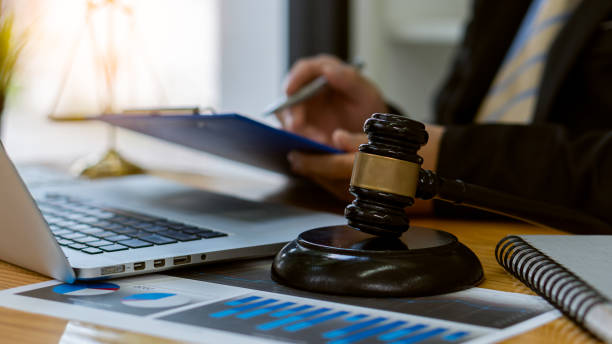
Get Professional Advice From Best Lawyers in Bhopal
Find top-rated lawyers in Bhopal offering expert legal advice. Get solutions for family, property, b...
Read More